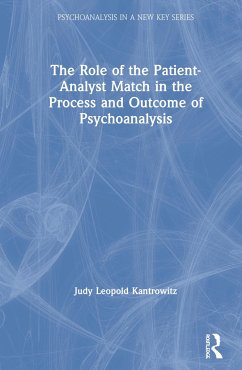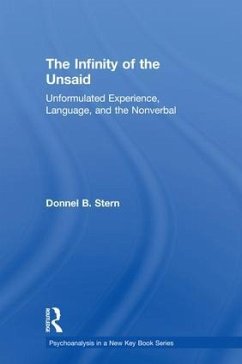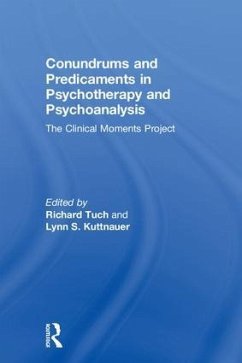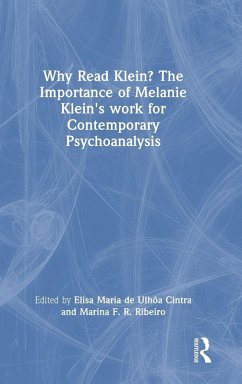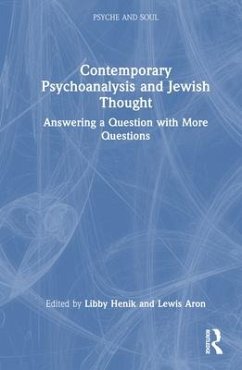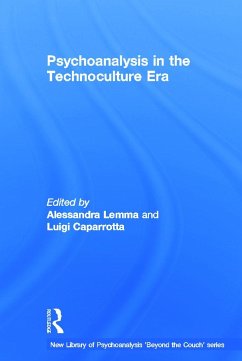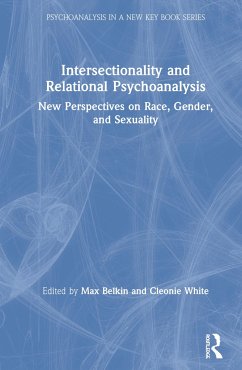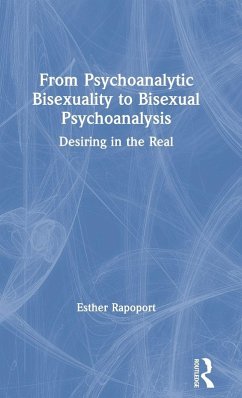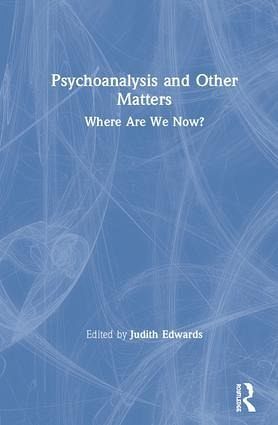
Psychoanalysis and Other Matters
Where Are We Now?
Herausgeber: Edwards, Judith

PAYBACK Punkte
79 °P sammeln!
This innovative and interdisciplinary collection aims to broaden the way we look at and work with psychoanalytic ideas. By examining these ideas through the lenses of other disciplines, the contributors reveal what can be found when 'boundaries' are breached and bridges are built in psychoanalytical thought.




